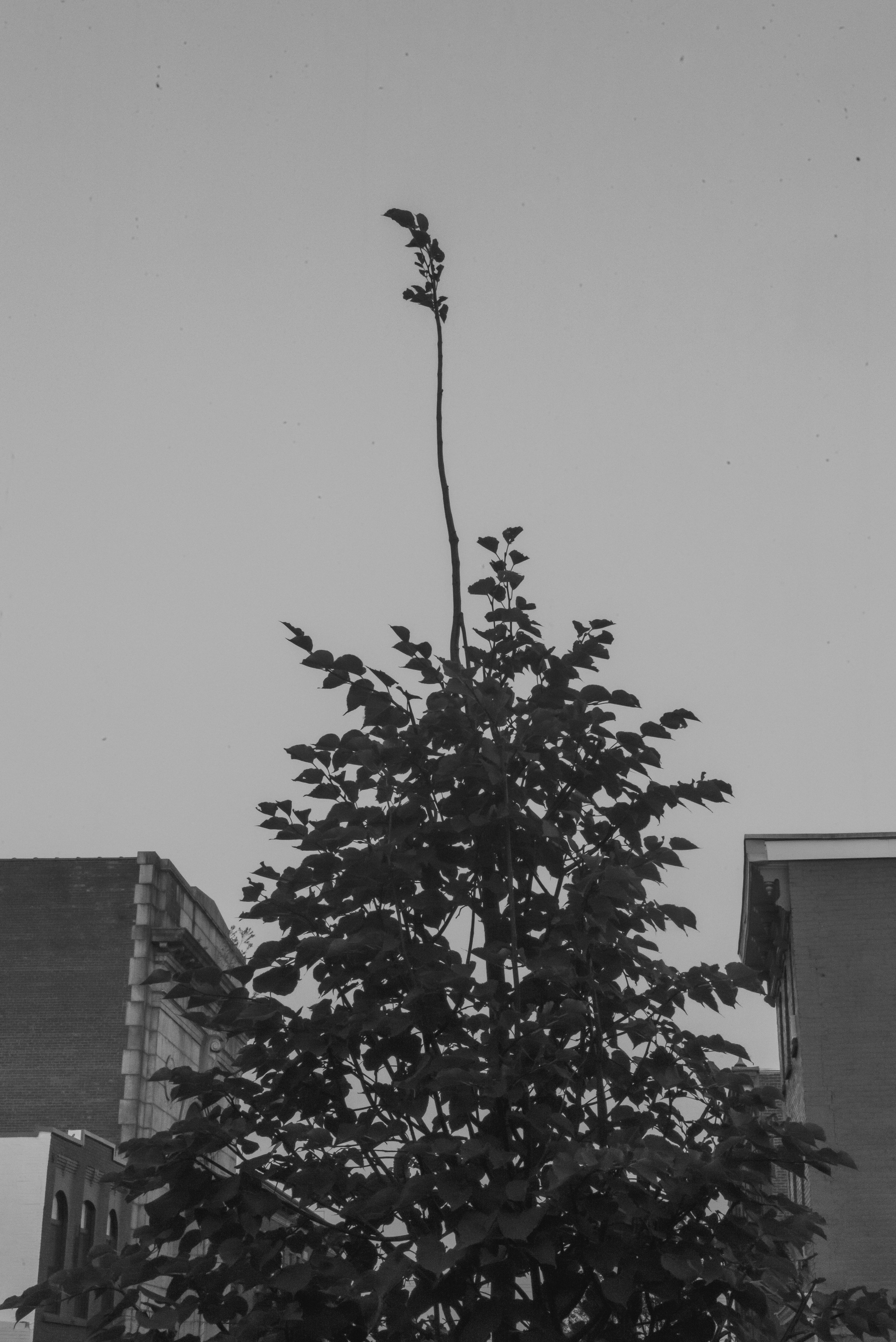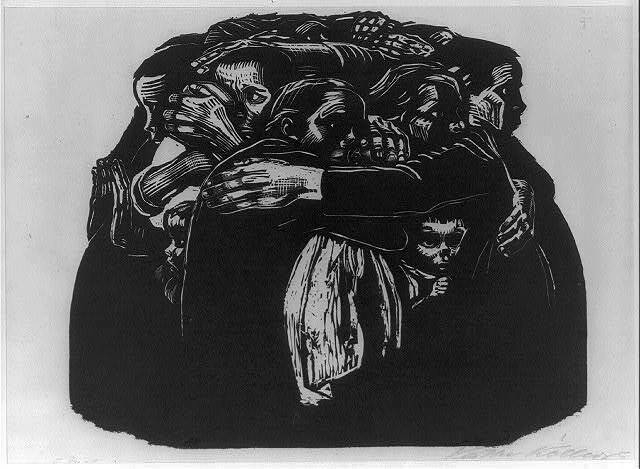
… we have been watching the olympics… a few nights ago, something called rugby sevens, which seems the equivalent of speed chess but with rugby teams, was airing… France was against Fiji, a dominating force in the sport… at stake was a gold medal… at the end of the first 7 minutes (half-time) the teams were tied… in the second half, Antoine Dupont came onto the field for France… he proceeded to, according to the announcers, single-handedly dispatch the Fijians, becoming directly or indirectly responsible for 21 points… he was something to watch… a fierce anomaly that seemed to surprise the Fijians…
… it led me to think about our western civilization ideal of the exceptional individual… we are fascinated by them… sports celebrities, arts celebrities, film and TV celebrities, science celebrities, writer celebrities, business celebrities, child prodigies… we just love exceptional individuals… we all want to believe in our own exceptionality, or at least live it vicariously through these heroes…
… Antoine Dupont was interviewed after the game and, as is expected, he credited the team… but really, we and the media aren’t interested in the team… just the heroics of Antoine Dupont… never mind that his teammates had a crucial role to play in managing defenders and providing outlets for a pass when he did get swamped by the defense… who imagines themselves as just another member of the team when they get inspired by the valor of one exceptional player?…
… i made a photograph of a tree the other day… it was unusual because it was sending up an extension of its trunk… the extension was naked of leaves until you reached a small feather shaped bunch of them at the top… i thought to myself, “overachiever”… the image stands as a metaphor to me about exceptional individualism…
… the trunk extension looks like loneliness to me… isolated… at risk of being chopped off or snapped by a strong wind… i don’t know if this stem thrusting upward is really in the tree’s best interest… i suppose it could be an advanced sensing unit, like a space telescope… but it could also be a growth anomaly… like cancer, or a would be fascist dictator…
… transgender presentation has put me in a different sort of exceptional category… like the trunk extension of the tree, i am an anomaly… we are a little more than 1% of the population… the population of Beacon, NY, as of the 2020 census, is 13,769… that means there are about 137-8 of us… maybe a few more because Beacon is pretty liberal and welcoming to the LGBTQ+ community… still, we are an anomaly that is uncomfortable to many… there is a strong current in my culture that doesn’t appreciate this sort of trampling of the Marlboro Man/Marilyn Monroe patriarchal paradigm… in addition to being able to manifest my full true self, challenging that paradigm is one of the many things i have been enjoying in my pursuit of gender presentation honesty… it’s my in-your-face gesture to the toxic patriarchy that wants to run rampant over what i like to call the multiarchy…
… when Biden was still running for president, and particularly in the weeks after the debate, before he passed the baton to Kamala Harris… i despaired a Trump victory was immanent… i imagined i would have to return to presenting as masculine… all the women’s clothing i have accumulated in the past year would have to be bagged up and dumped into a clothing drop box… my cosmetics would need to be tossed… i’d have to return to my serviceable uniform of black jeans, t-shirts and turtlenecks… i’d have to let my beard grow to a manly stubble…
… i am feeling more optimistic about things now… enough to start scouring my favorite women’s clothing sites and planning additions to my fall wardrobe…
… last week a neighbor stopped his car as i was walking up the street to my house… he rolled down his window and told me he thought i had really been rocking my outfits lately… he was being supportive of my feminine presentation which has been more in evidence as i gain confidence… just yesterday, when passing two neighborhood women out for a walk, one of them turned to me and said, “your outfits have been very cute lately”… my community is more supportive than i imagined it would be… it would be so much harder if it wasn’t… i may be standing out in a way that not many people in the community do, but i have my team of liberal and opened minded people around me… i am starting to feel less like aberrant top growth, and more like one jubilant branch of a jubilantly multicultural tree… thank you team Beacon!…
